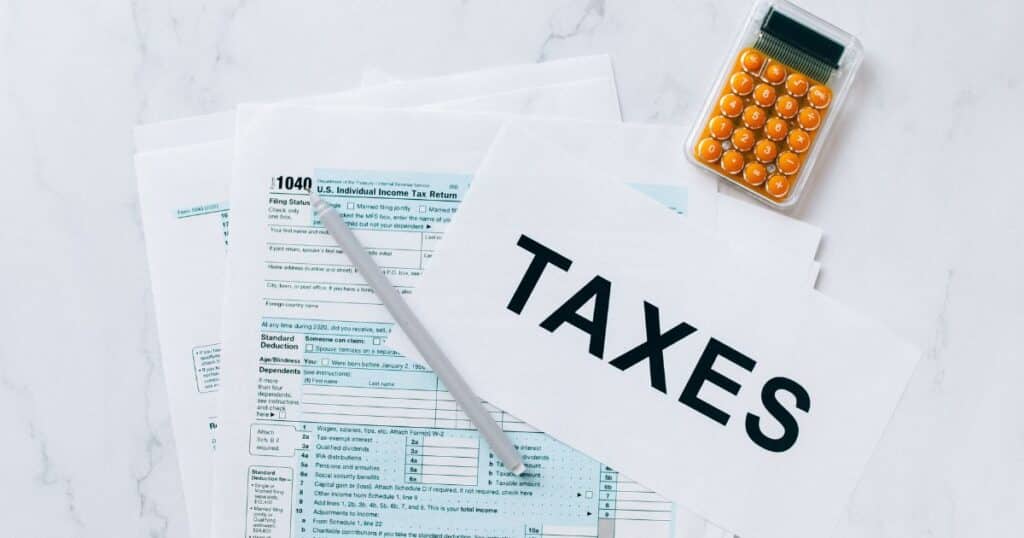The governor of New Jersey, Phil Murphy (D), recently signed a bill into law that will allow licensed cannabis businesses to deduct some expenses on their state tax returns. This measure, which Assemblymember Annette Quijano (D) proposed, is a partial remedy for the hindered progress and lack of federal deductions from the Internal Revenue Service (IRS) code known as 280E.
The new policy bypasses this rule by allowing cannabis businesses’ gross income “shall be determined without regard to section 280E of the Internal Revenue Code.” This move comes three months after the legislature approved the amendment with amendments, and cannabis businesses will be able to apply to taxable years beginning on or after January 1st following enactment.

Impact on Cannabis Businesses
The significant impact this policy will have is that it provides relief for the industry. The continued implementation of 280E had placed severe financial constraints on these businesses, big and small, by prohibiting them from deducting everyday business expenses from their taxes.
This law helps to make New Jersey’s licensed cannabis operators be treated like any other legal enterprise operating in New Jersey – allowing them a sense of normalcy they may not otherwise have experienced. It also allows more economic activity through lower taxes due, potentially leading to an indeterminate additional revenue for the state and local governments that tax cannabis businesses.
The bill applies to companies with less than $15 million in gross receipts. This is an important detail as it allows small businesses to benefit from this legislation while larger cannabis operators may still be subject to the complete regulation of 280E. Smaller businesses will not have to worry about high tax rates, allowing them more room for growth and success within the cannabis industry.
With this new law, New Jersey has opened up a world of opportunity for smaller cannabis businesses that were previously unable to take full advantage of what the state’s legal market had to offer.
It is also important to note that since this new policy does not conflict with federal law, licensed cannabis businesses can continue deducting business expenses on their federal taxes – though they are still blocked from making federal deductions under Internal Revenue Service (IRS) code known as 280E.
Industry Standardization
The new legislation should become the standard across the United States as it creates a fairer and more equitable system for cannabis businesses. This will allow companies to remain in operation as the burden of financial constraints has been removed.
It also creates a stronger foundation for growth within the industry as businesses can freely invest their money back into their operations without having to worry about high taxes or deductions that may derail any progress made.

The new legislation signed by Governor Phil Murphy is a step in the right direction toward normalizing the marijuana industry and making it accessible to all entrepreneurs and businesses alike.
The law eliminates an unnecessary burden on these companies, allowing them to focus on growing their business rather than struggling with high tax rates due to 280E implementation. This should become the standard across states where marijuana is legal to foster fairness and success for all involved in the industry.
Enjoyed that first hit? Come chill with us every week at the Friday Sesh for a freshly packed bowl of the week’s best cannabis news!

















